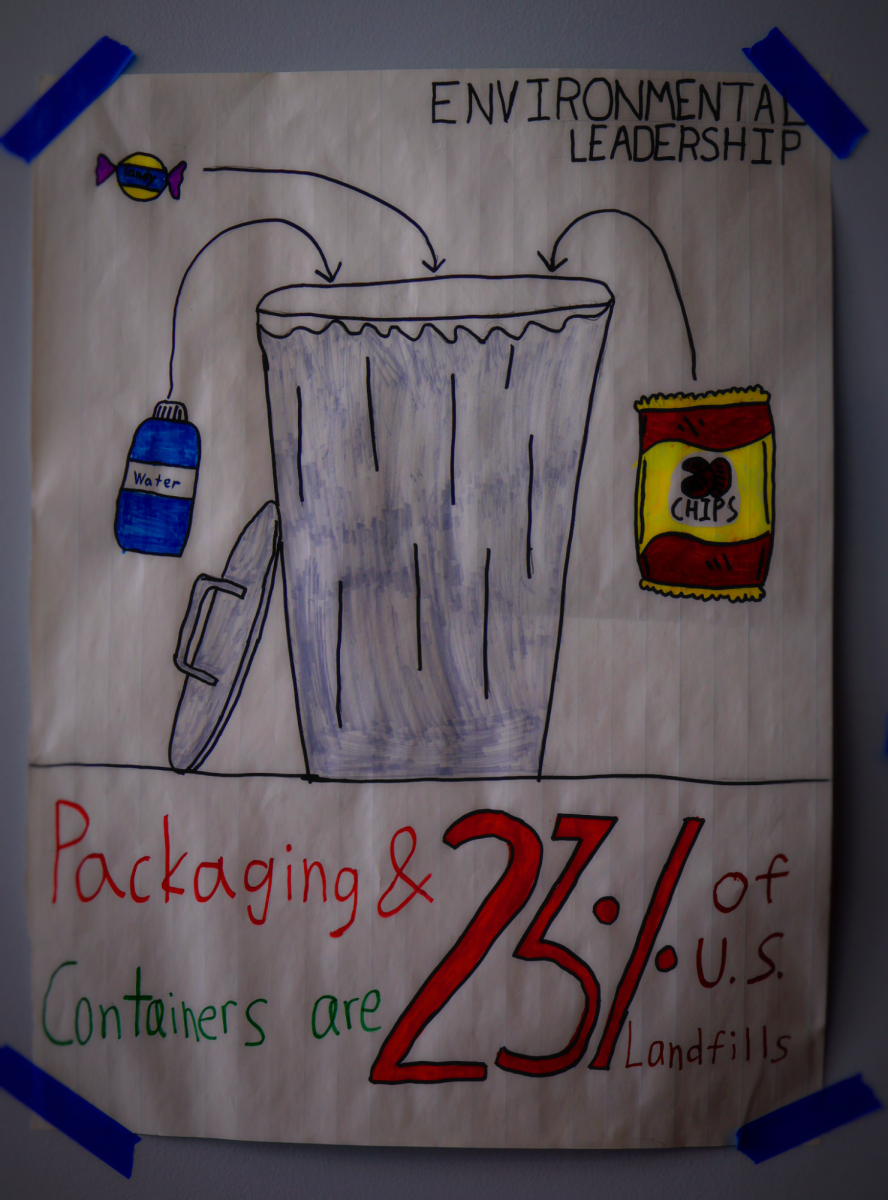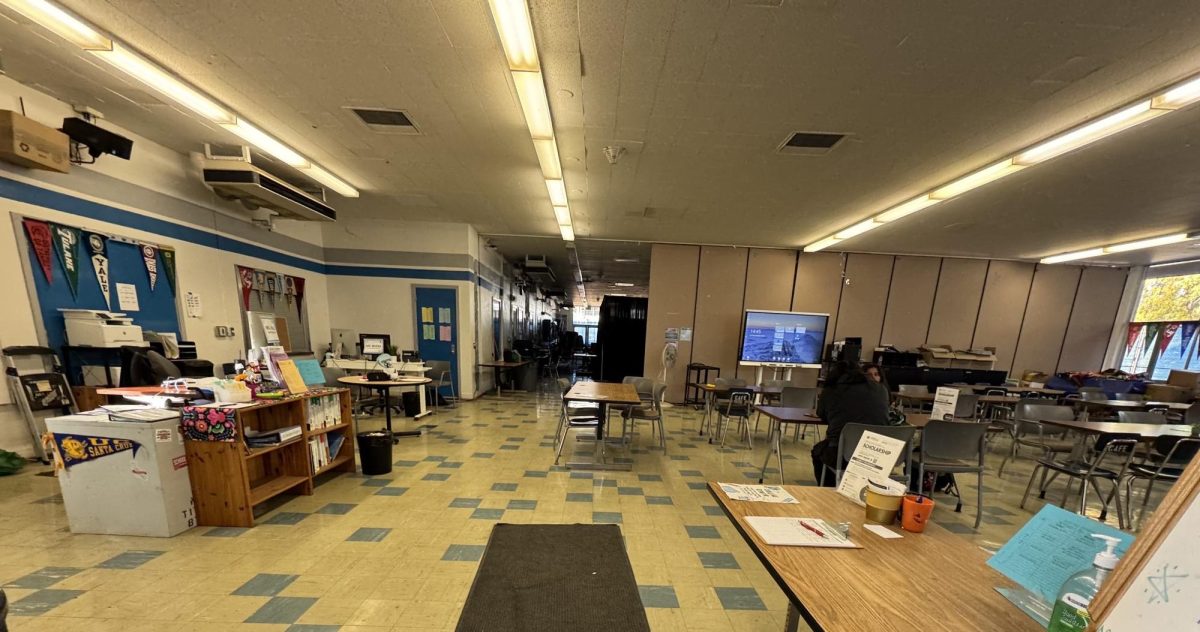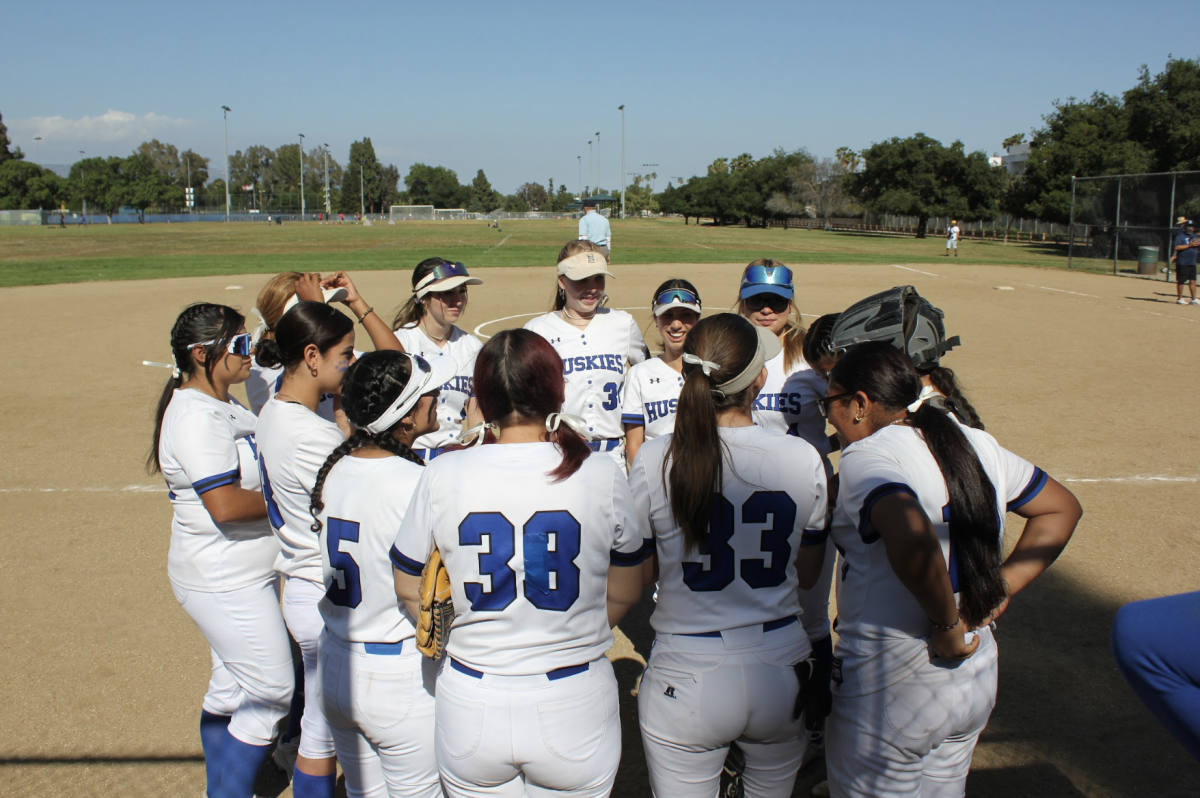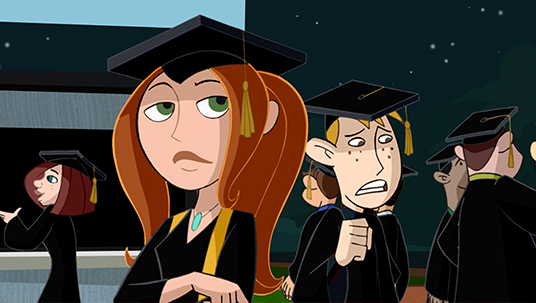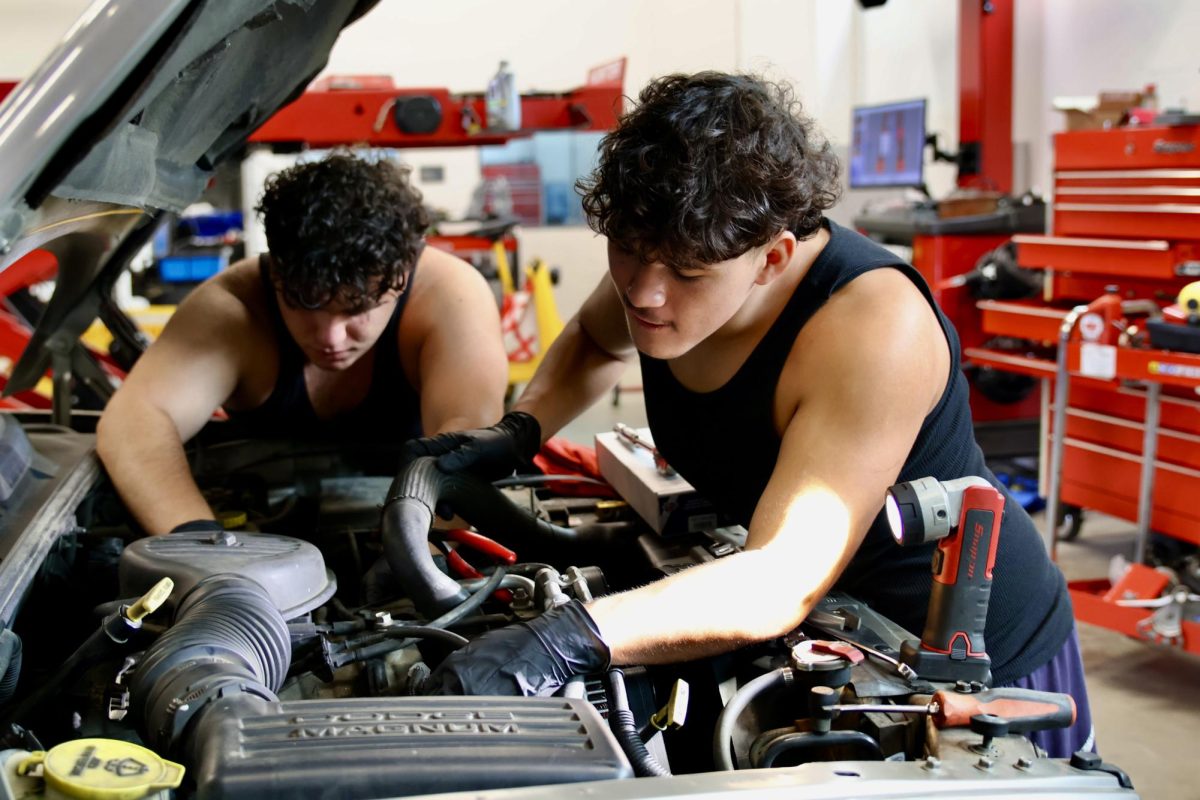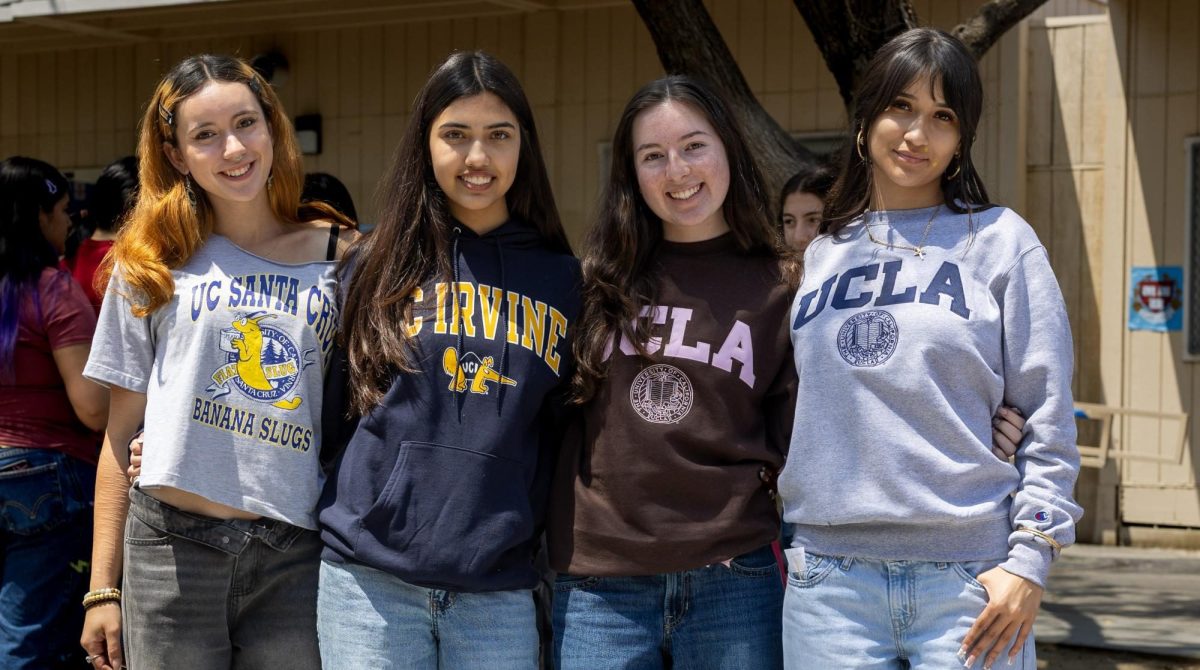Introduction:
“2016 is one of the hottest years to date…”
“2020 is the hottest year so far…”
“2023 is officially the hottest year…”
There is not much change happening in climate change, so to speak. Each year researchers emphasize that global warming is becoming a more and more urgent issue – something that is not surprising to some of us.
However, what do we do about this? It seems that there isn’t an issue with highlighting the climate phenomenon, as it takes up much of our daily news and social media consumption. Nonetheless, youth today seem to become desensitized to environmental issues because of how much these conditions worsen overtime.
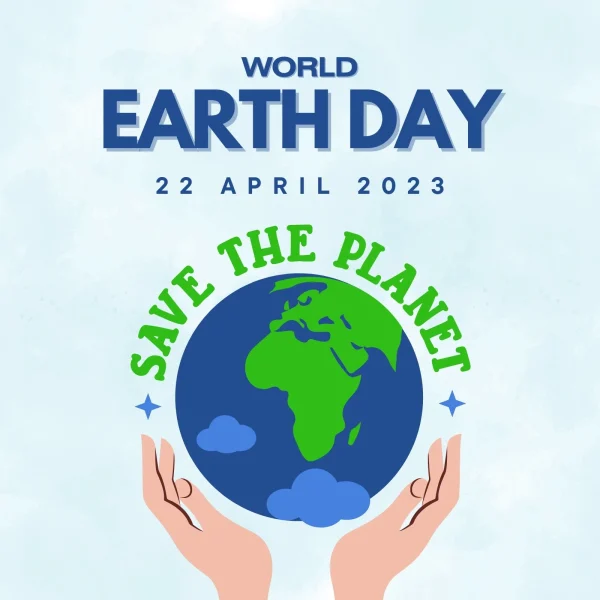
As a result, we resort to surface-level activism in order to still get the message across without having to do as much research or work. Even though youth do contribute by making environmental news accessible on social media by reposting on their stories or sharing posts with their friends; it’s the hands-on approach that would be more effective in creating true impactful change and awareness.
Thus, do we purely perform these values to get some satisfaction from conveniently posting on social media, just to forget about it the next day?
Youth-led environmental movements are not new, but it is important to stay consistent in our efforts and avoid derailing from them simply because we have readily available resources that can do the work for us.
Although this is not a critique on our generation, – Generation Z – it is still paramount to recognize room for improvement and how youth today can continue informing themselves on environmental issues and make more impactful contributions – putting activism into action.
Historical Background – How Environmentalism Started:
Environmentalism means taking action for the environment. To be specific, environmental justice hadn’t really started until the early 20th century. According to PBS’s, “The Modern Environmental Movement,” after World War II, the first ever law to to emplace federal regulation on water quality was the Federal Water Pollution Control Act in 1948. Moving forward, more legislation would go on to pass such as the Air Pollution Control Act in 1995, or the Sierra Club gaining national recognition in 1956.
The first ever national Earth Day took place April 22, 1970, in which 20 million participants consisted of environmentalists, supporters, and the general public; one of the largest
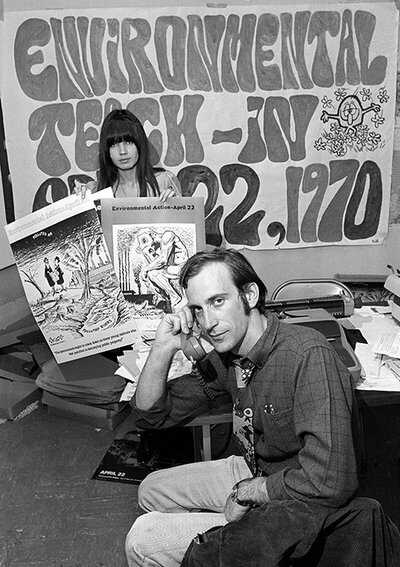
demonstrations in American history.
54 years ago today, Earth Day started as a politically youth-driven movement in response to the Santa Barbara oil spill that catapulted environmental awareness to the forefront of government agendas and news coverage.
Thus, environmental policy and action has been around for quite some time. More often than not, with advocates urging the federal government to do more in environmental protection and regulation.
Much of these advocates consisted of young people! From the start, youth have stood in the face of controversy and stood strong for what they believed in – something that is still practiced today, but is at risk for losing its original purpose. In World of 8 Billion’s, “Youth Engagement in Environmental Activism: Igniting Change for a More Sustainable Future,” it is imperative to allow youth-led grassroots initiatives as they create rapid and beneficial environmental change. Younger generations tend to be more influential through social media, strikes, and protests. For example, since 2008, the United Nations set up the Joint Framework Initiative which has been coordinating efforts with sixteen intergovernmental entities to lift up youth activism in the environment, urging their participation in climate-change policy decision-making processes. Of which, over 10,000 youth have participated in challenging climate change since then.
With more access to social media, youth are exposed to “easy” ways to be a part of the environmentalism movement – recycling, cutting back on single-use plastics, and going vegan. It is not enough to simply suggest environmental improvement, as simply posting on social media does not constitute strong environmental activism.
Performative Environmentalism and Truly Being Aware of Environmental Issues:
Performative environmentalism is exactly as it sounds. Pretending to care about the environment, when really, you are just wanting public approval for “doing your part.” This usually manifests in social media.
Dennis Baldochhi, the Executive Associate Dean of Rausser College of Natural Resources and a Professor of Biometeorology at University of California, Berkeley declares, “ It is time to shift from virtue-signaling to make real change.”
In other words, “micro-actions” don’t have much of an impact on environmental health. This is a result of greenwashing in which corporation entities mislead the public to believe that they are actually doing more to protect the environment, and it is instead placed on the individual to fix these climate crises. Hence, the public attempts to do some sort of small action for the environment to “do their part,” when the main culprits are these large corporations. Still, this only highlights how much more investment individuals like youth need to make in the environment because large corporations won’t. To end this issue, youth can urge their lawmakers and representatives to place more protections on the environment and put an end to corporations taking advantage of natural resources and polluting the environment, then placing the blame on single citizens. Thus, to mandate any action, there needs to be ambition to do so and no use of loopholes to fulfill a temporary role as an environmental advocate.
Environmental activism means being informed on legislation, history; and spreading that awareness, while taking initiative in your own communities to create visible change.
Campus Thoughts on Youth in Environmentalism:
At NHHS, students take this head on through various avenues. Many environmental leaders on campus have created clubs and invested their time in campus clean-ups, combatting performative environmentalism and truly taking hands-on approaches.
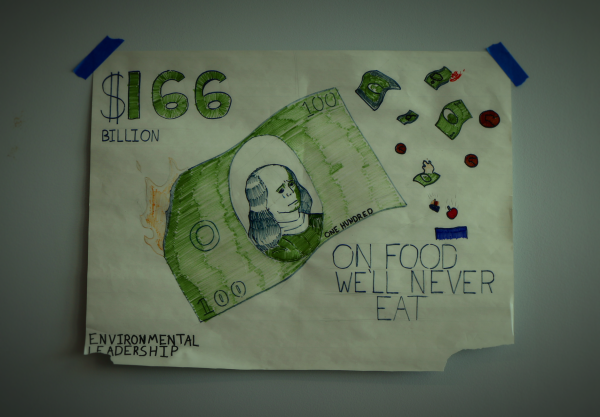
Zoo Magnet junior, Diana Birnbaumer, says, “I mostly learn from articles, friends, and non-profit[s] I work with. I try to participate as much as I can [by] recycling stuff…spreading how important it is through social media in this org[anization] I work with: [EcoPaws], and with encouraging others to do the same supporting animals.”
With Future Farmers of America treasurer, Nagual Holloway, shares her support in environmentalism, specifically with Earth Day, “ I personally think it’s important to promote Earth Day at our school, especially because it’s a way to remind everyone that we should be mindful of how we treat our planet and to take initiative to make sure the future of our planet is better.” In other words, promoting environmental support and pride is another way to prevent performative environmentalism.
Nevertheless, it is clear that these students are the main ones insisting on change. There are still students on campus who perpetuate poor environmental protection. Birnbaumer observes, “ … there is a big gap between teenagers regarding environmental sustainability. There is one side who really care and do their best to improve the Earth’s situation and there is a totally different group who do nothing and actually try to destroy it more…sometimes people prefer to ignore or make fun of several issues.”

Holloway suggests, “It’s very easy to be just a little more conscious of what you do and how it can negatively or positively impact the environment because even so much as throwing plastic in the recycling can help. Even just bringing a reusable cup to school for water or drinks can negatively or positively impact the environment because even so much as throwing plastic in the recycling can help.”
Yet, Katie Rodriguez, FFA’s second vice president, reminds us that, “ … Taking care of the environment as a NHHS student is to protect the place that we will live on in the future.Without Earth, our biggest hopes and dreams can’t come true.”
Overall, these young NHHS environmental leaders reflect the definition of environmental activism and comprehend that being involved in the environment, whether through spreading information, informing yourself, or even being a part of environmental groups is true advocacy and emphasizes that we need more leaders who are willing to take on these initiatives, big or small.
Arcade’s Thoughts on Youth in Environmentalism:
Of course, every little bit counts towards a healthier planet. But it is important to not stray from the true purposes of environmentalism. The 60s and 70s were the heart of student activism, ranging from anti-war sentiments during the Vietnam war and promoting peace to the Civil Rights movement advocating for equal rights protections for Black and brown Americans. Thus, the Arcade believes there is no reason to abstain from that. Yes, social media plays an essential part in modern activism, but we believe that there is more to do than just posting about environmental issues.
Publishing essays and articles such as these to disperse knowledge and urge our own generation to dig deeper into growing our allyship and actions to real-life environments; creating groups and organizations solely dedicated to improving our planet and doing the most we can to repair global warming; or even challenging close-minded politicians to align with environmental legislation are the platforms for which we could initiate worthwhile change. There is more to do than simply post about planting trees on Earth Day every year. Speaking out and supporting other environmental activists are what the Arcade believes can aid most in environmental justice.
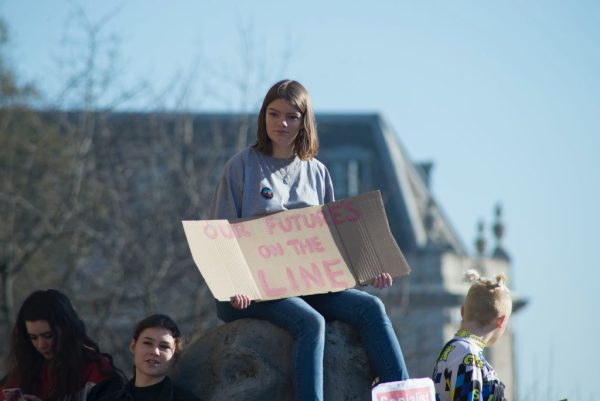
What You, the Youth Can Do:
We, the Arcade, urge our generation to amplify the voices of environmentalism by using their platforms and speaking out on these dire topics in order to spread knowledge. It’s not simply about posting anymore; it’s about staying consistent in our efforts to ensure our own generation knows how to prepare for more environmental conflicts and knows how to tackle those [politicians] who deny climate change and global warming, even those who are simply complacent, not using their political influence and power to help the environment. Continue posting, but be thoughtful about it. Also, try to be mindful of talking about environmental protection while engaging in environmentally unfriendly behaviors (not throwing away trash after lunch or nutrition, or wasting electricity.) Think about what your audience will do to be a part of the cause. We urge our generation to be the reason why our future will continue to cultivate a lasting and fruitful environment!

